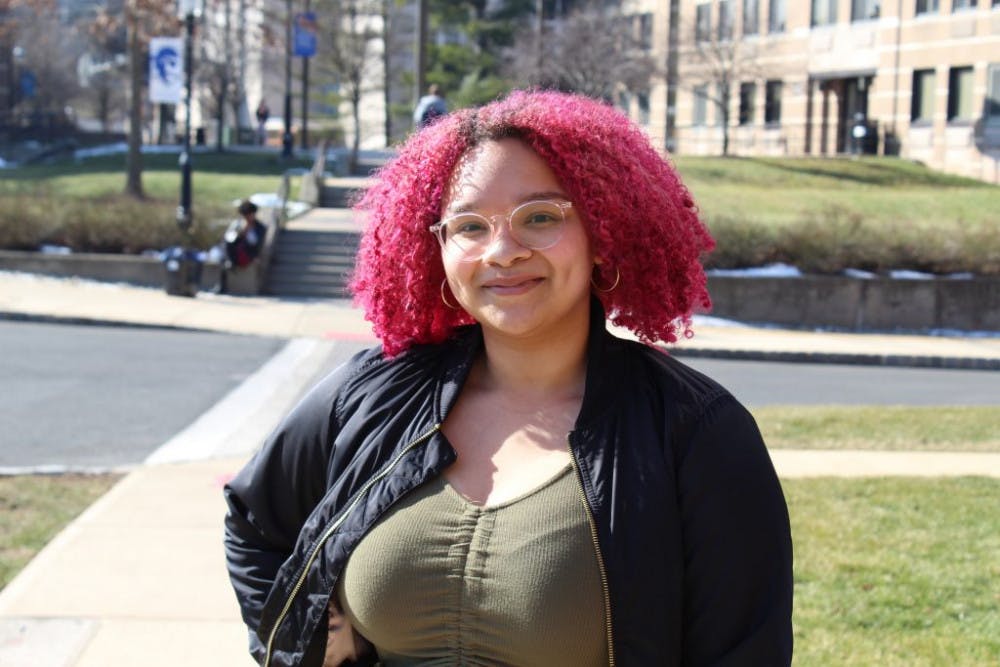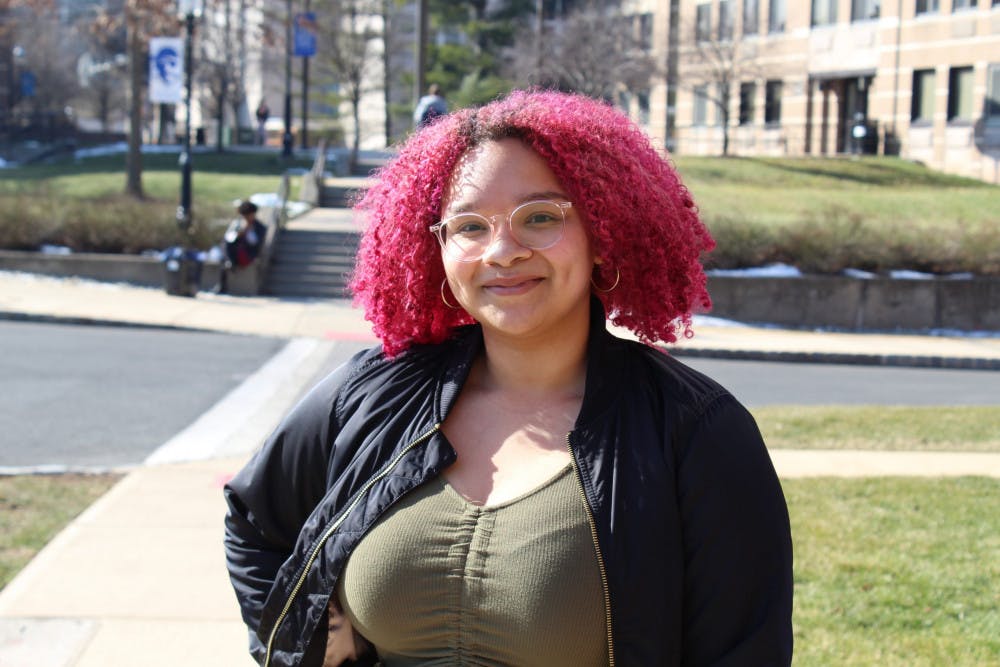The speech-language pathology major at Seton Hall is a 4+2 dual degree program. Students can get their master’s degree in speech-language pathology while also receiving a bachelor’s degree in either elementary and special education or psychology.
“U.S. News and World Report named speech-language pathology the number six in the top 30 health care professions,” Anthony Koutsoftas, an associate professor in the department of speech-language pathology at Seton Hall, said. “It’s number eight in the top 100 professions because there’s a lot of job growth in the field, and it’s a good salary once you graduate.”
Speech-language pathology majors have a wide range of career paths they can pursue. Speech-language pathologists (SLPs) work in schools, hospitals, private practices and many more settings.
“There’s a lot more to speech pathology than just your speech teacher in elementary school,” Melanie Liriano, a freshman speech-language pathology major, said. “They work in a lot of different places. They work with a lot of different people from premature babies to the elderly. There’s a whole section of speech-pathology that’s just about swallowing.”

Liriano explained that speech-language pathology includes language and communication.
She added, “It’s not just language. It’s also communication and how someone could communicate without words, improving how they use their words or how someone could eat food, something as simple as that.”
Along with either a bachelor’s degree in either elementary and special education or psychology, speech-language pathology students at Seton Hall have automatic acceptance into graduate school, which is needed to practice as an SLP.
“Having automatic acceptance was really good because you cannot practice without your Master’s,” Cecelia Pateman, a junior special and elementary education and speech-language pathology major, said. “Some people are stuck if they don’t get accepted anywhere because they can’t practice. I chose Seton Hall’s program because they had automatic acceptance. Also because what I would be majoring in during my undergraduate years I would get a degree in.”
Pateman added, “Not only would I get my master’s in speech-language pathology in six years, but after only four years, I would get my certification to teach K-5 in special education and general education.”
Speech-language pathology classes depend on whether they choose the education or psychology track. SLPs’ graduate courses center around speech pathology and cover many different parts of being an SLP.
“Graduate courses are going to cover normal development, disorders of speech, being able to pronounce words and being able to understand and use language,” Koutsoftas said.
He added, “Speech therapists also work on feeding, being able to chew, eat and swallow safely. We also work on voice, how we can actually sound less hoarse and work on our pitch, tone and stuttering in terms of fluency.”
Seton Hall also has a chapter of The National Student Speech-Language-Hearing Association (NSSLHA). They help provide speech-language pathology majors a way to get to know one another. Pateman said the club is an opportunity for those in the program to learn from each other through the tough program.
“[NSSLHA Seton Hall Chapter] is focused on really making connections between the students,” Pateman, co-president of the NSSLHA’s Seton Hall Chapter, said. “They recommend how to study for anatomy of the speech and swallowing mechanisms, how to get grants for graduate school and how to get shadowing experience. You have to have 25 hours of shadowing before you enter graduate school in an SLP setting.”
Koutsoftas talked about some steps Seton Hall students who are interested in speech-language pathology could take in order to learn more about the program.
“Take one of our prerequisite undergraduate courses to see if you like the major,” Koutsoftas said. “We also have a professional organization called ‘The American Speech-Language-Hearing Association,’ so visit their website. There’s a section there for students that gives information about the profession. Also, see if you can find a speech pathologist that you know and observe them at work if that’s okay with them.”
Genevieve Krupcheck can be reached at genevieve.krupcheck@student.shu.edu.





